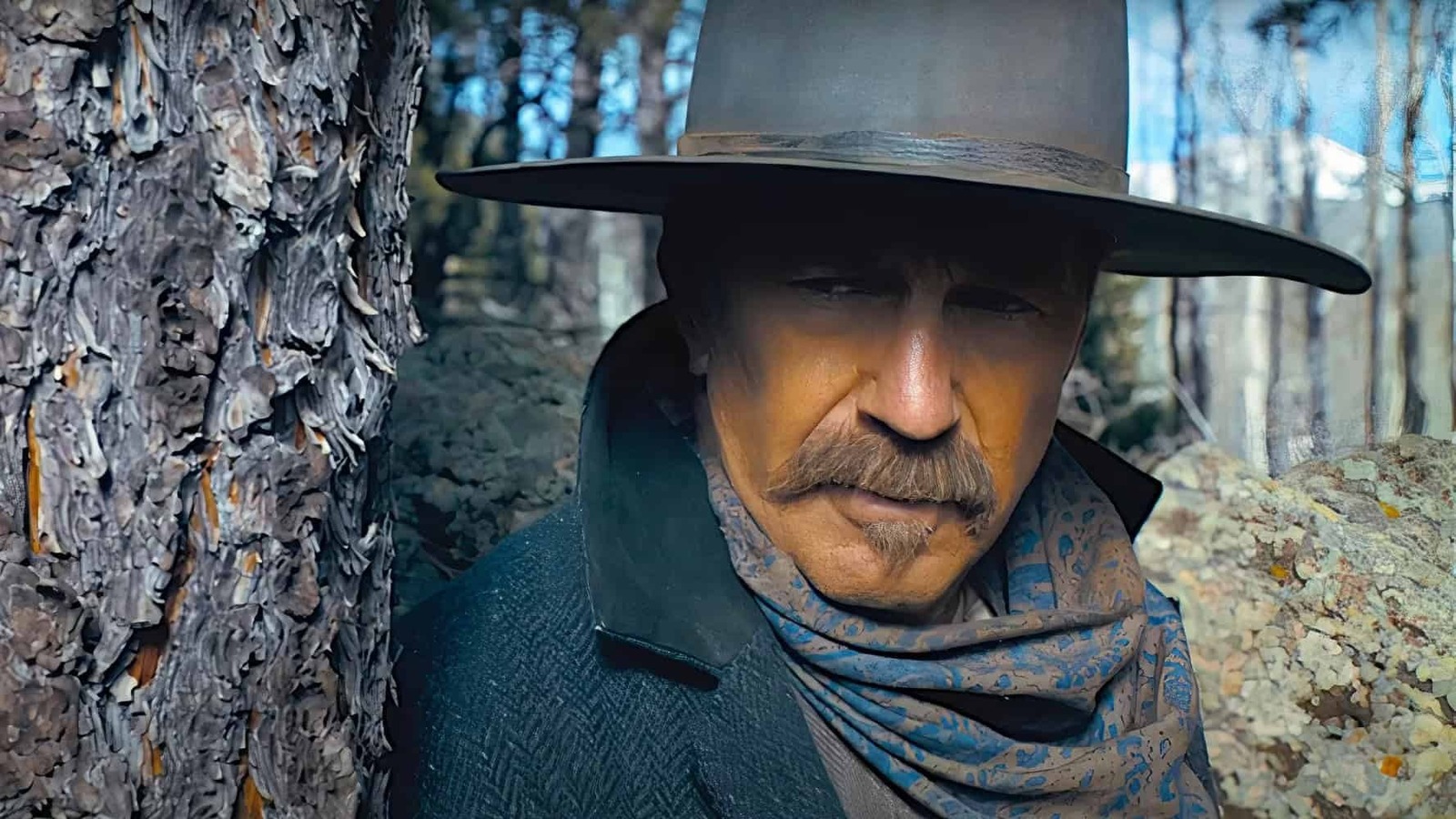
Although there are certainly many films that leave the door open for a sequel that never materializes, the reason why this problem isn’t the same for movies is that the sequel is, typically, a more or less self-contained story. Sure, you may not know who a certain character is if you skip, say, “Lethal Weapon 3” and go straight to the fourth film, but for a long time sequels were made with the assumption that the audience didn’t need to “catch up.”
Now, after decades of home media being a thing and artists wishing to experiment with long-form narratives, conventional wisdom is starting to erode. Enter: the behemoth narrative experiment of the Marvel Cinematic Universe, which contains multiple narrative threads throughout several franchises under one big banner.
As exciting as all of this can be, the effect it’s beginning to have on cinema is that it’s slowly turning into television. Much has been made of the prestige TV era and its debt to cinematic techniques; less has been said about the way film franchises have become dependent on audiences doing their homework. The rewards can be great, sure, but the trend is also contributing to the general flattening of culture, blending film and television together so much that they’re almost indistinguishable from each other.
“Horizon” is the latest and most egregious example of this. While Kevin Costner’s Western, once all four parts are released (the latter two having not even been shot yet), may end up resembling prior cinematic sagas like “Once Upon a Time in the West” and “Heaven’s Gate,” its piecemeal release feels more like a miniseries; “Part One” even “ends” with a lengthy preview of scenes to come in the next installment.


Leave a Reply